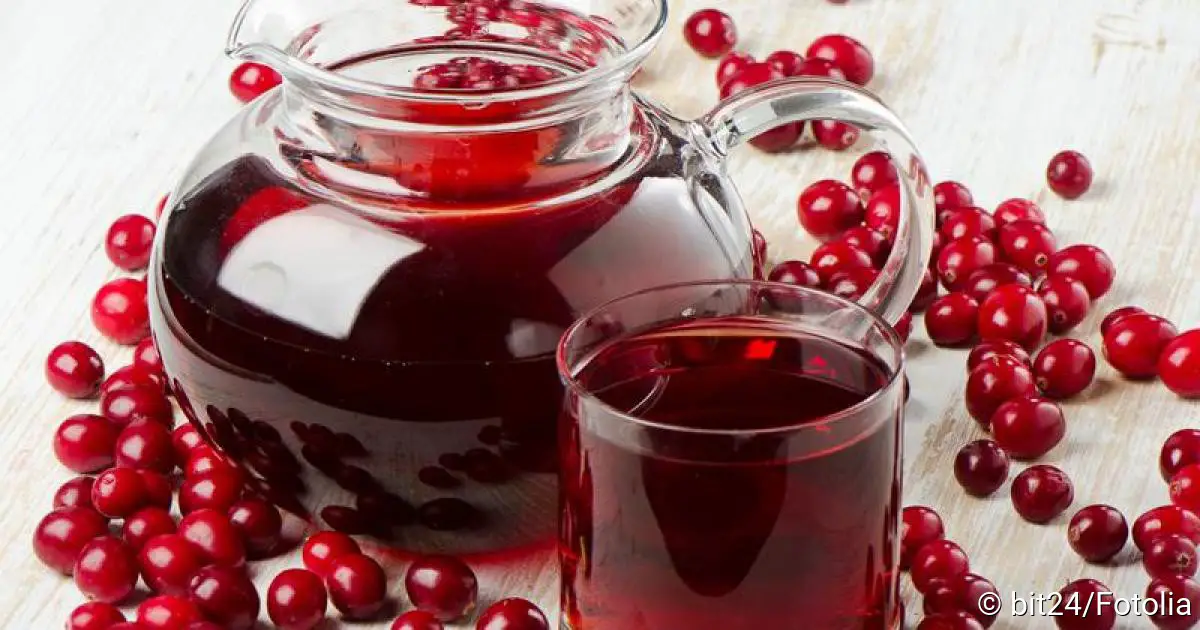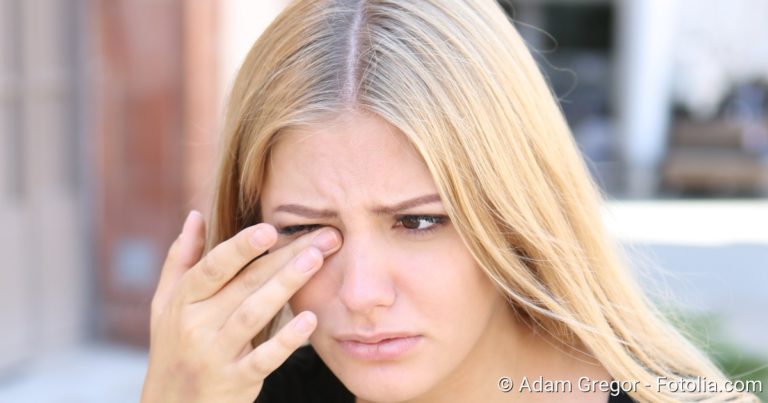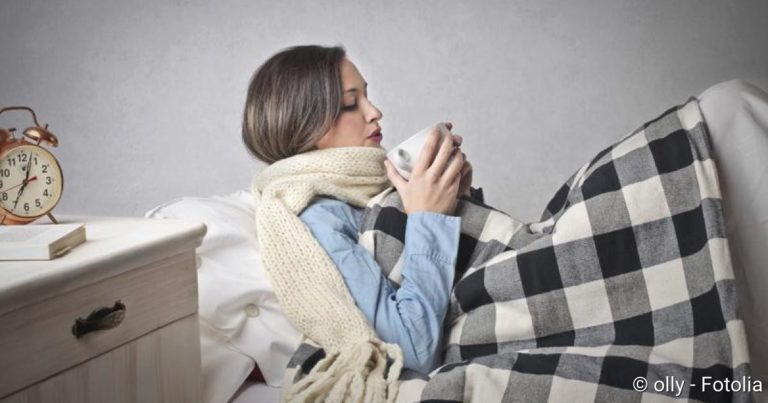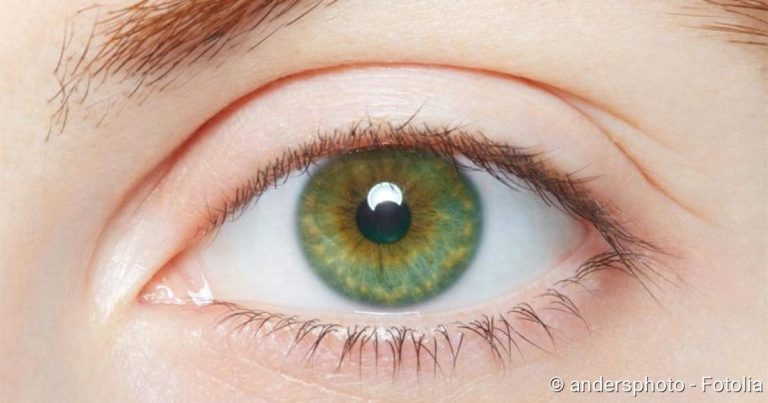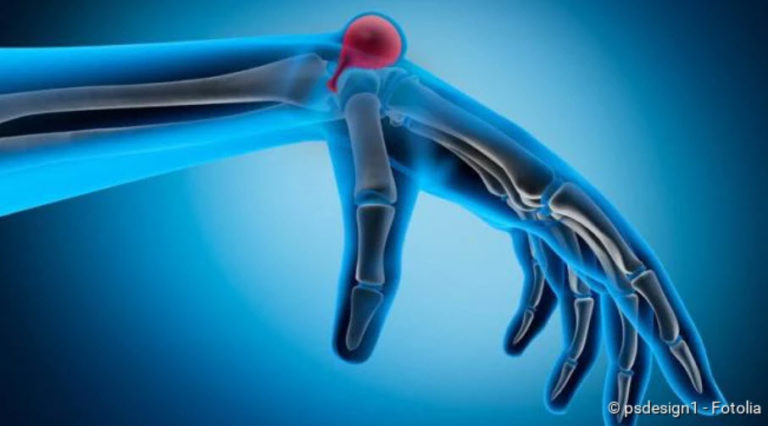Bladder infection home remedies: What really helps?
Proven for generations
Even in the times before the discovery of antibiotics, people knew effective tips against the symptoms of cystitis. Household remedies such as kidney and bladder teas, for example, make use of active plant ingredients that have been known for centuries. There are also other measures that support the healing process in the case of a bladder infection:
- Drink a lot and pee as often as possible
- Hot water bottle, envelopes and sitz baths
- Cranberry juice, also blueberry or cranberry juice
- No citrus juices, coffee or alcohol if possible
These tips can be very helpful and are in any case a useful supplement to treatment with medication. But those affected should not rely on this alone. If the symptoms of cystitis do not subside soon, a doctor should always be consulted. The latter can decide whether the use of antibiotics is necessary.
How do the home remedies for cystitis work?
Drink at least two liters of water
Drinking enough is important and healthy in any case.
In the case of cystitis, however, the absorption of fluid or its excretion is of particular relevance. Because those who drink a lot often have to go to the toilet and thus help to “flush out” the pathogens. The less frequently one urinates, however, the better the germs can multiply and in unfavourable cases even spread to the ureter and renal pelvis. Anyone suffering from a bladder infection is therefore well advised to drink a lot (at least two liters a day) and not to hold back from going to the toilet despite the possible pain.
Avoid coffee and alcohol
But not only the amount of fluid absorbed is decisive. What you drink also plays a role. Some drinks, for example, contain substances that irritate the urinary tract, making it even more susceptible to infections and their spread. These include coffee and various citrus juices and alcohol in general. Even drinks containing a lot of sugar, such as lemonades and iced tea, tend to be counterproductive, as increased sugar levels can promote bacterial growth. This is why diabetics are affected by cystitis more often than average. Pure water or unsweetened teas of all kinds are the better choice of drink.
Do kidney and bladder teas help?
In contrast to normal herbal and fruit varieties, special bladder teas from the pharmacy contain herbal active ingredients that have an additional diuretic effect, such as teas with birch leaf extracts. Goldenrod not only increases urine excretion, but also has an antispasmodic and anti-inflammatory effect. Bearberry leaves have a disinfectant effect, which is intensified with a pinch of baking soda. Other herbal remedies that are suitable for cystitis are nettle, juniper and horsetail.
Four to five cups of such a tea a day are sufficient. Bearberry tea should be drunk before bedtime so that the active ingredient can accumulate in the bladder.
A tea mixture of birch, goldenrod and orthosiphon (cat’s beard) is also recommended for cystitis. Mix one to two teaspoons of birch leaves, goldenrod and cat’s-beard leaves and pour 150 millilitres of boiling water over each. Let the tea steep for ten to 15 minutes and drink three to four cups daily.
The teas are available in the pharmacy as ordinary bags, but also as powder, which is simply stirred into hot (or warm) water and does not need to steep. You do not need a prescription for this, but caution is advised regarding “flushing therapy” for people with heart or kidney disease. These patients should consult with their physician beforehand.
Miracle Cranberry Juice?
The juice of the cranberry has long been said to have miraculous powers in the fight against cystitis, and indeed there seems to be a positive effect, although there is certainly no miracle cure. The responsible active substance in the fruits is called proanthocyanidin and apparently makes it more difficult for the pathogens to attach to the walls of the urinary tract. Regular consumption of cranberry juice can therefore help to reduce the spread of infection and prevent the recurrence of cystitis. Blueberries (bilberries) and cranberries also contain the protective proanthocyanidin.
Heat relaxed
The application of a hot-water bottle or warm compresses has a relaxing effect on the muscles that often cramp in cystitis and thus relieves the symptoms. Foot baths can also be helpful.
By the way, a hot hot water bottle should not be placed on the naked skin, otherwise burns can occur. It is best to wrap them in a towel beforehand.
How can you prevent it?
So with the right measures, healing can be supported, but how do you prevent cystitis? The most important thing here is proper hygiene in everyday life. In order to prevent cystitis, the following things should therefore be observed:
- When cleaning after defecation, always wipe from the front to the back in order not to transport germs from the anal region to the vicinity of the entrance to the urethra.
- If possible, go to the toilet within the first ten minutes after sexual intercourse to flush out possible pathogens.
- It is best to use only water or pH-neutral substances for intimate cleansing so as not to irritate the natural pH environment.
- Underwear should not be too tight and should be washed regularly at 60° C. Cotton is more breathable and therefore better than synthetics.
During sexual intercourse it is almost impossible to avoid germs getting near the urethra, which do not belong there. Anal sex in particular poses a particular risk here. In addition to early urination, a subsequent cleansing of the genital area is therefore also recommended.
A condom significantly reduces the risk of cystitis. Other contraceptives such as spermicides, the coil or a diaphragm, on the other hand, increase it.
Further advice to prevent cystitis: Get out of wet clothes quickly, avoid cold feet and always dress warmly enough. Because if the body is hypothermic, pathogens have an easy job of it – including the triggers of cystitis. Home remedies and tips that support the treatment (drink a lot, cranberry juice etc.) can also have a preventive effect.
About this text
This text complies with the requirements of medical literature, medical guidelines and current studies .
ICD codes are internationally valid codes for medical diagnoses.
Sources
- Hautmann, R. et al.: Urology, Springer Verlag, 3rd edition 2006
- Eichenauer, R. et al.: Clinical Guide to Urology, Urban & Fischer Verlag, 3rd edition 2003
- Wiesenauer, M.: PhytoPraxis, Springer Verlag, 3rd edition 2008
